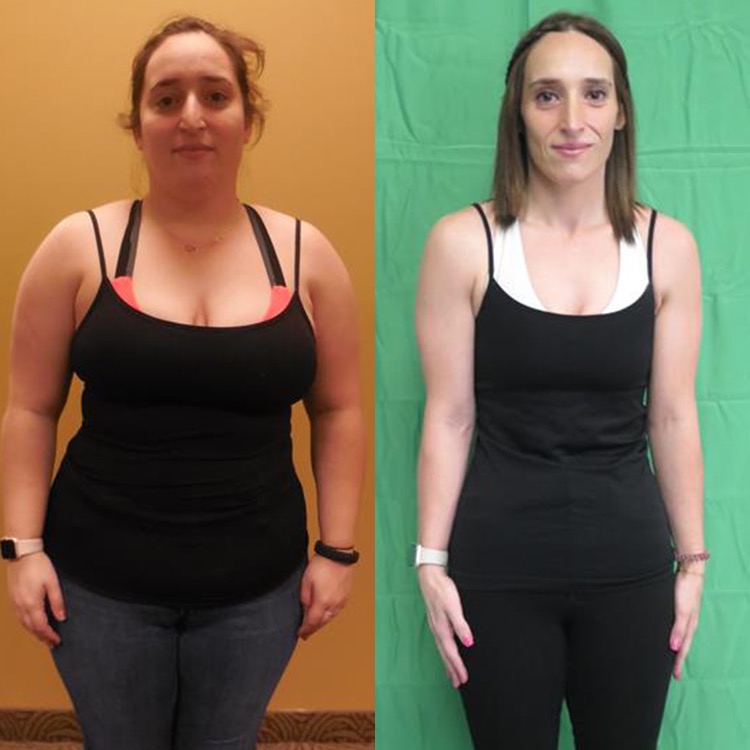Modern medical weight loss has been changed by the arrival of highly effective prescription...
Weight Loss May Lead To Better Memory

The Wegovy Pill is Here: Is an Oral GLP-1 Right for You?
Recent clinical developments have introduced the Wegovy pill as a non-invasive option for those...
Menopause and Weight Gain: Why It Happens and What You Can Do About It
You’re Not Imagining It—Menopause Makes Weight Loss Harder Many women notice that once menopause...
Why does fat mass loss not always result in overall weight loss
Fat Mass Loss And Overall, Weight Loss It does—but not always immediately, and not always in a...
Lose the Weight or Lose the Leg
“Lose the weight or lose the leg.” It has been over 20 years since I heard these blunt words from...
Childhood Obesity
Childhood obesity is a growing health concern worldwide, with long-term consequences for a child’s...
A study just published in the Proceedings of the National Academy of Sciences on Jan 26 has been reviewed in several sources. One was the New York Times. It was a small study but even small studies (especially when they make scientific sense) should at least prompt us to encourage more studies to be done.
Basically, 50 men and women were divided into 3 groups: Group 1 cut calories by 30% (mostly by portion control) Group 2 kept the same calories but increased the intake of unsaturated fats (“healthy fats”) by 20%, and Group 3 had no dietary changes. This was continued over 3 months and the participants were tested on memorizing words. Group 1 showed an average of 20% of improvement and the other 2 groups showed no significant change. This effect has been seen in animals but never in humans. It is believed that the reduced calorie diet may have decreased systemic inflammation therefore helping brain function. An effect we see quite regularly. It has been shown that persons who are overweight are at higher risk of Alzheimer’s disease.











